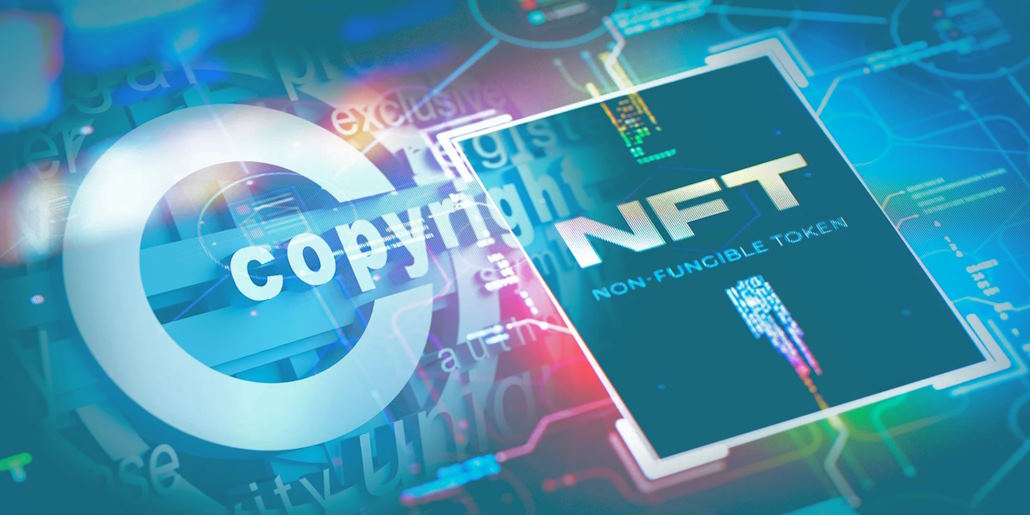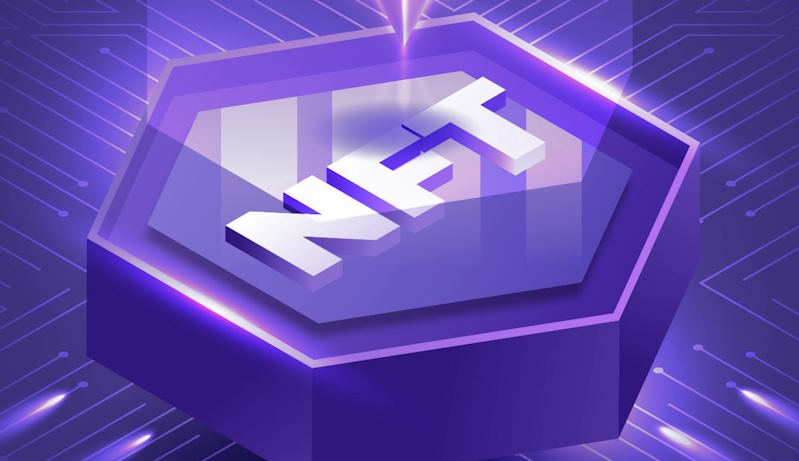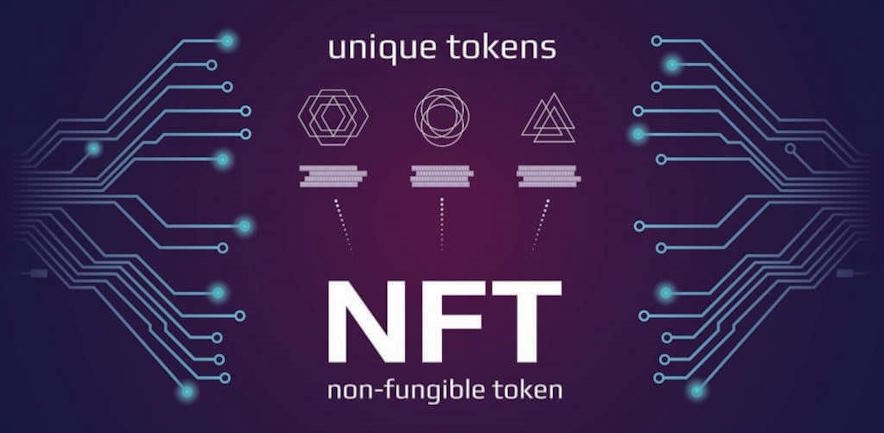
As the digital landscape continues to redefine how we perceive ownership and creative expression, Non-Fungible Tokens (NFTs) have taken center stage as a groundbreaking concept. NFTs have facilitated the transition of intangible digital assets into tangible commodities, introducing a new paradigm for artists, collectors, and content creators. With the ability to tokenize and trade digital artworks, collectibles, and even virtual real estate, NFTs have redefined the boundaries of ownership in the digital age. However, as this innovative technology sweeps across industries, it also ushers in a wave of legal questions, particularly in the realms of copyright and authentication.
Copyright Issues in the NFT Space
As NFTs gain traction, the realm of copyright law is grappling with new challenges. The reproduction of digital artworks, which can now be tokenized and sold as NFTs, raises questions about the protection of artists’ rights. The process of replicating digital art as NFTs can potentially infringe upon the original artist’s copyright, leading to legal disputes over ownership and compensation. The concept of transformative use and fair use doctrines also come into play. While NFTs might be seen as transformative due to their unique format, the boundary between transformative use and copyright infringement is often blurred. Striking the balance between creators’ rights and the innovative potential of NFTs is a key challenge for the legal community.

Legal Challenges and Case Studies
Unauthorized NFTs and copyright infringement have already sparked legal battles in the digital art space. Recent cases have highlighted the contentious issues surrounding the sale of NFTs based on copyrighted works without proper authorization. Artists and copyright holders are increasingly resorting to legal actions to protect their intellectual property rights in this digital frontier. Moreover, ambiguities in copyright ownership arise in collaborative works involving multiple creators. Determining rightful ownership and navigating copyright claims become complex when a work involves contributions from various parties.
NFT Authentication and Proof of Ownership
The authentication of NFTs and the establishment of ownership are critical aspects of the NFT ecosystem. Smart contracts, inherent to blockchain technology, provide a transparent and decentralized means of verifying ownership. They outline the terms of ownership and ensure that creators are appropriately compensated through royalties whenever their NFTs change hands. NFT marketplaces also play a crucial role in authentication by implementing rigorous verification processes to prevent the sale of unauthorized NFTs. These mechanisms enhance trust and mitigate the risk of copyright infringement.

Potential Solutions and Best Practices
To address the legal challenges surrounding NFTs and copyright, collaborations between artists and NFT creators are becoming more prevalent. Licensing agreements and clear terms of use can provide a framework for artists to retain control over their creations while enabling NFT innovation. Moreover, blockchain-based copyright registration systems offer a means to establish a verifiable record of ownership, enhancing transparency and reducing the risk of disputes.
Regulatory and Legislative Developments
Current legal frameworks, crafted before the advent of NFTs, are being reevaluated to encompass the unique characteristics of this digital phenomenon. Emerging regulations specific to NFTs are being discussed, with a focus on jurisdictional challenges in the decentralized space. The balance between encouraging NFT innovation and safeguarding copyright interests is a key consideration in shaping future legal frameworks.

